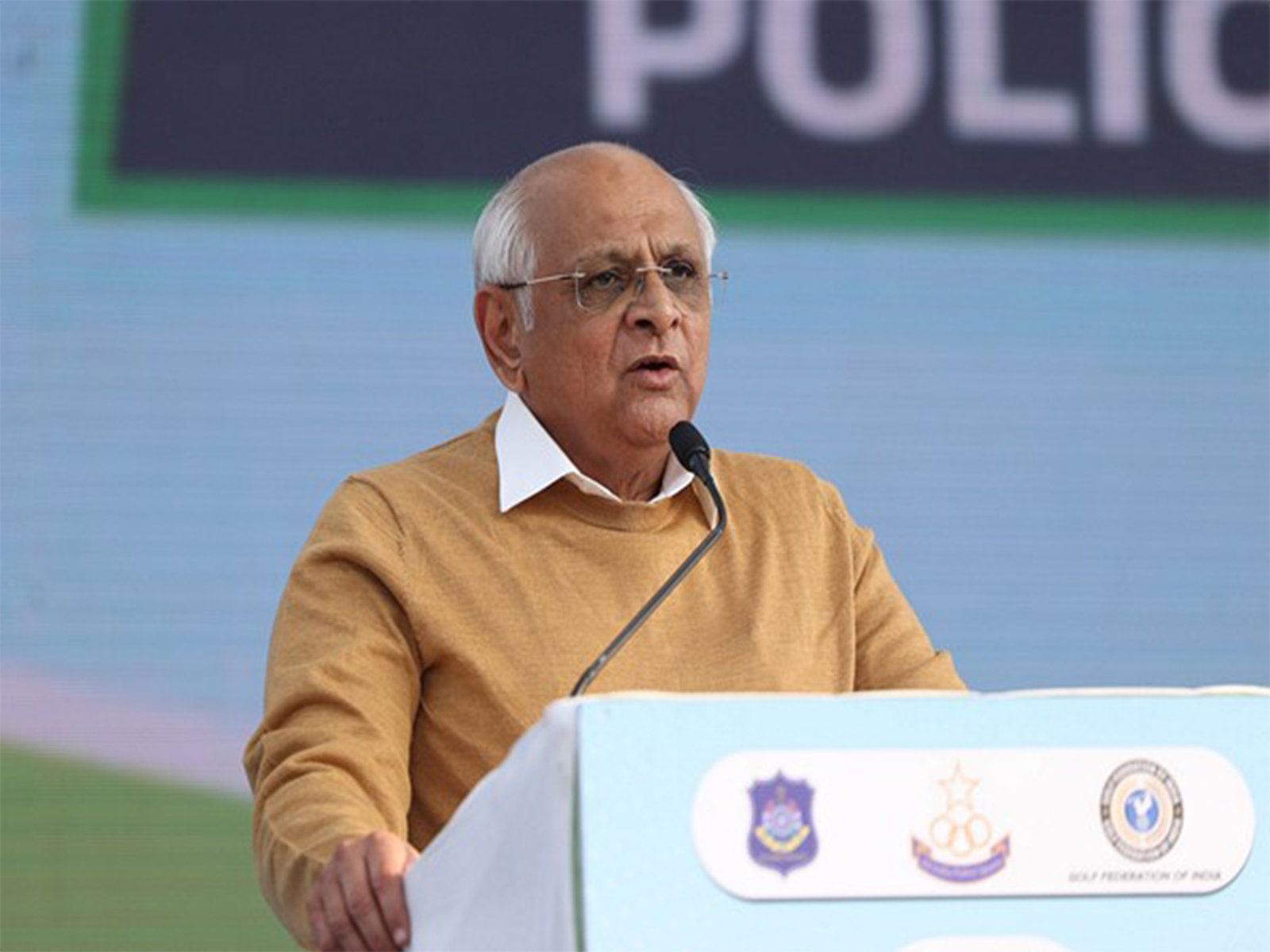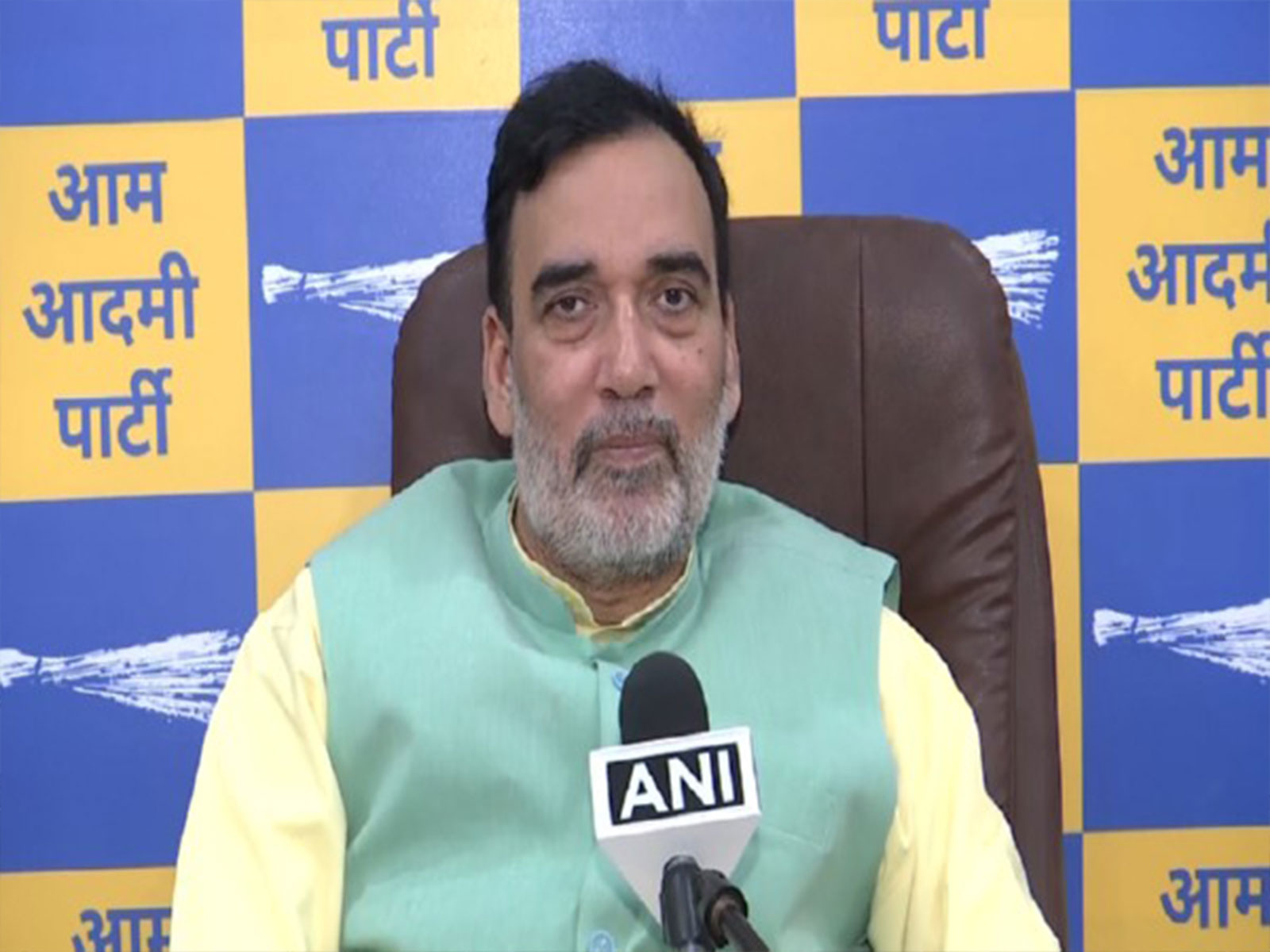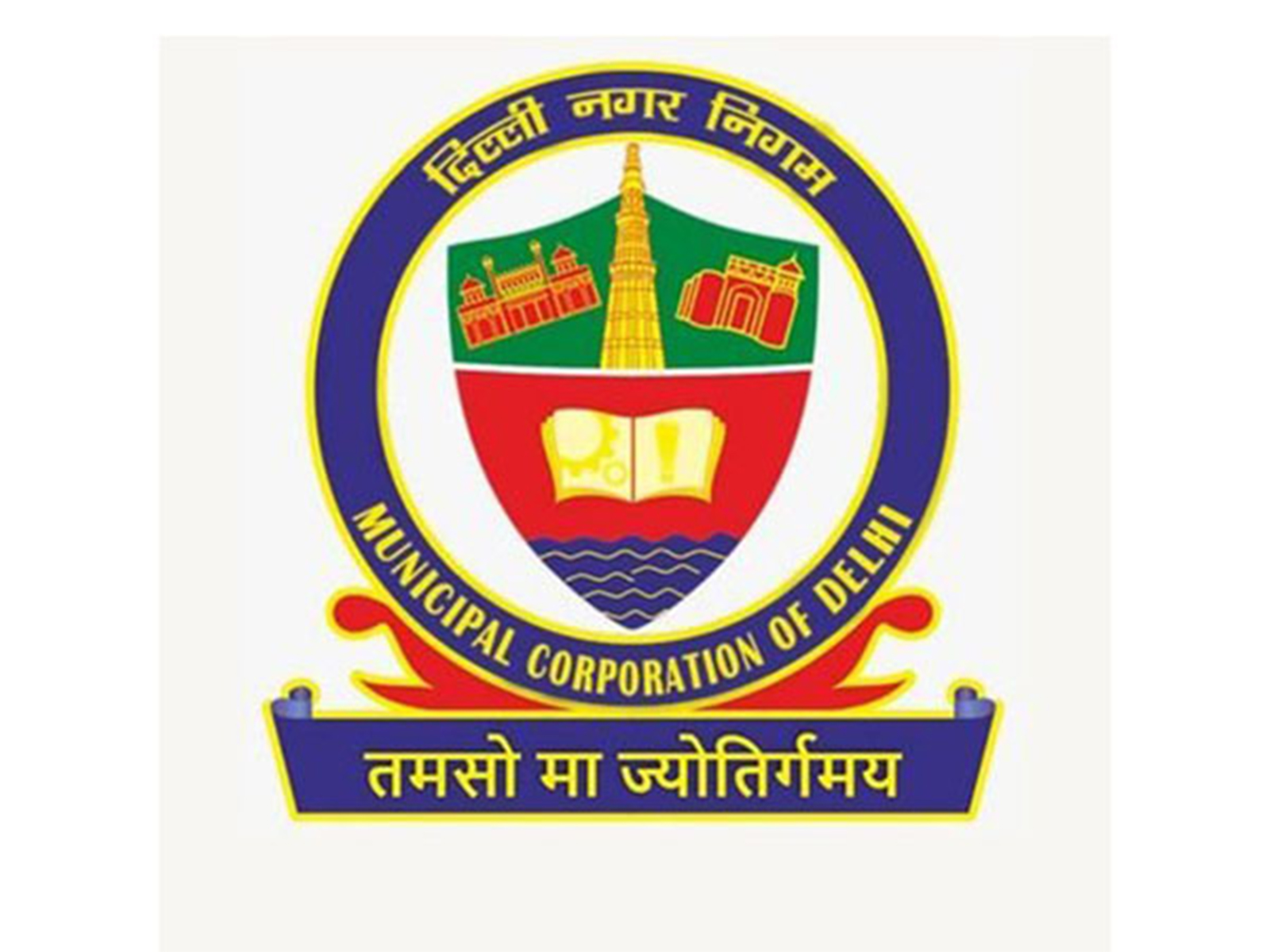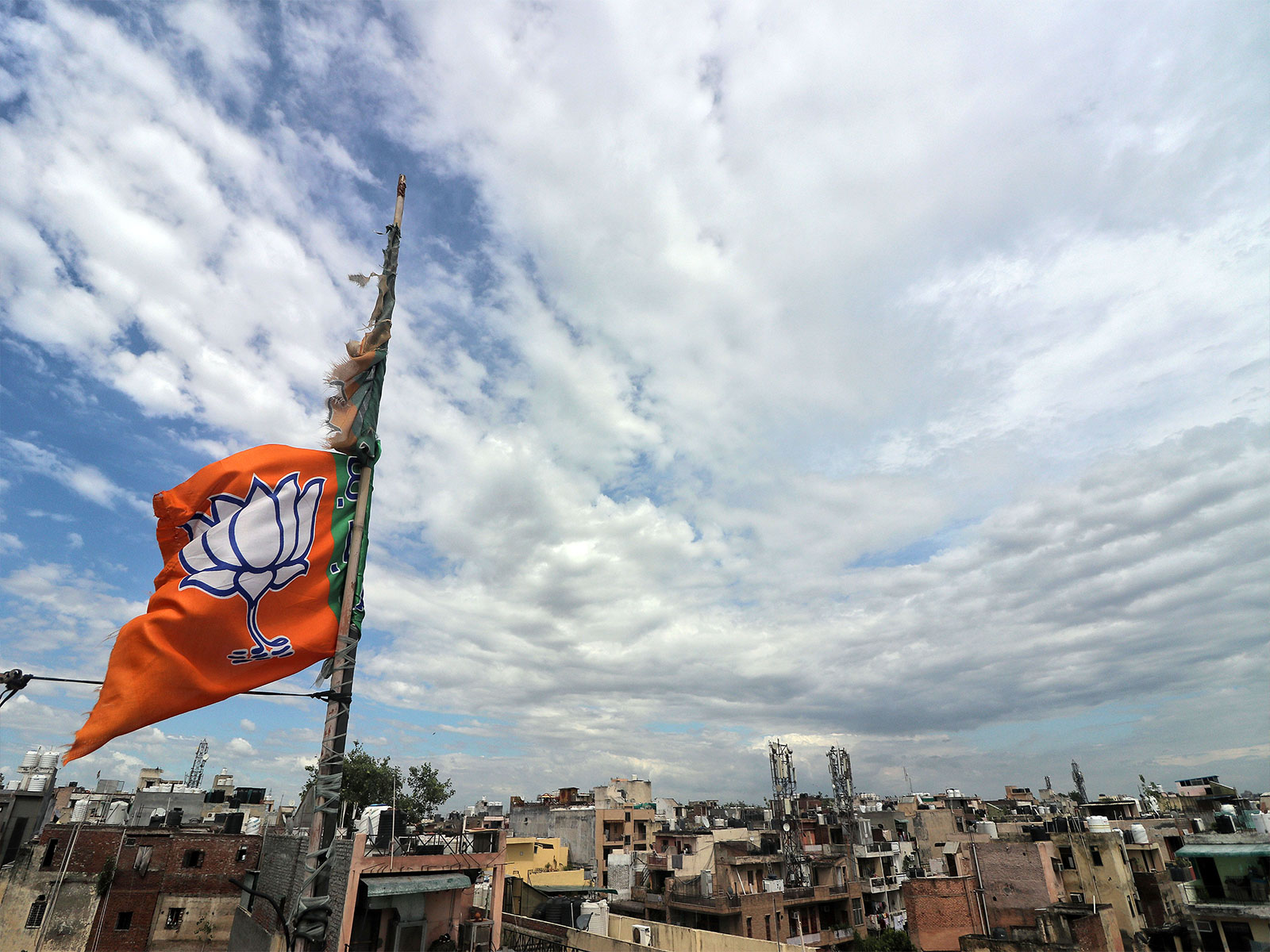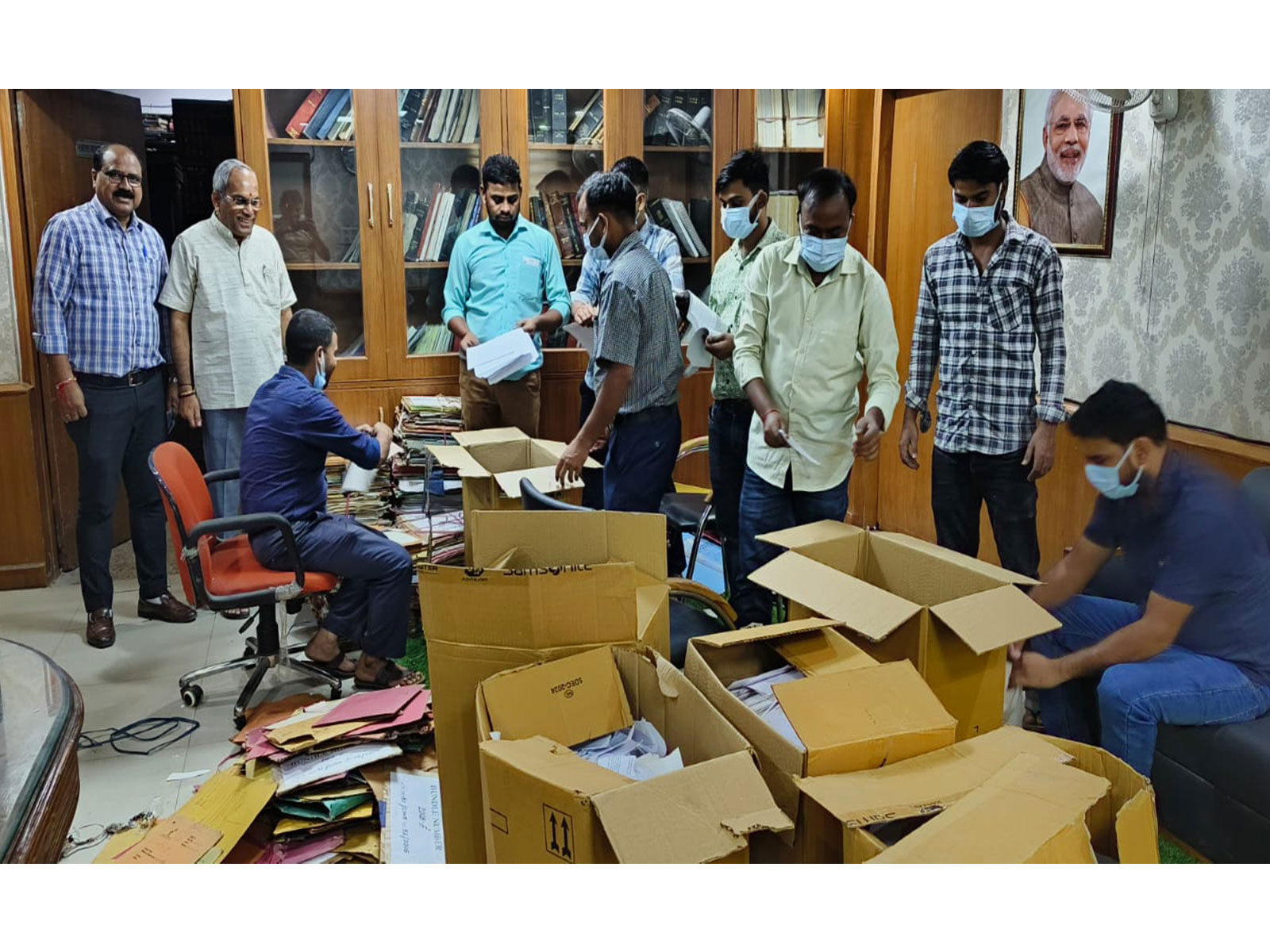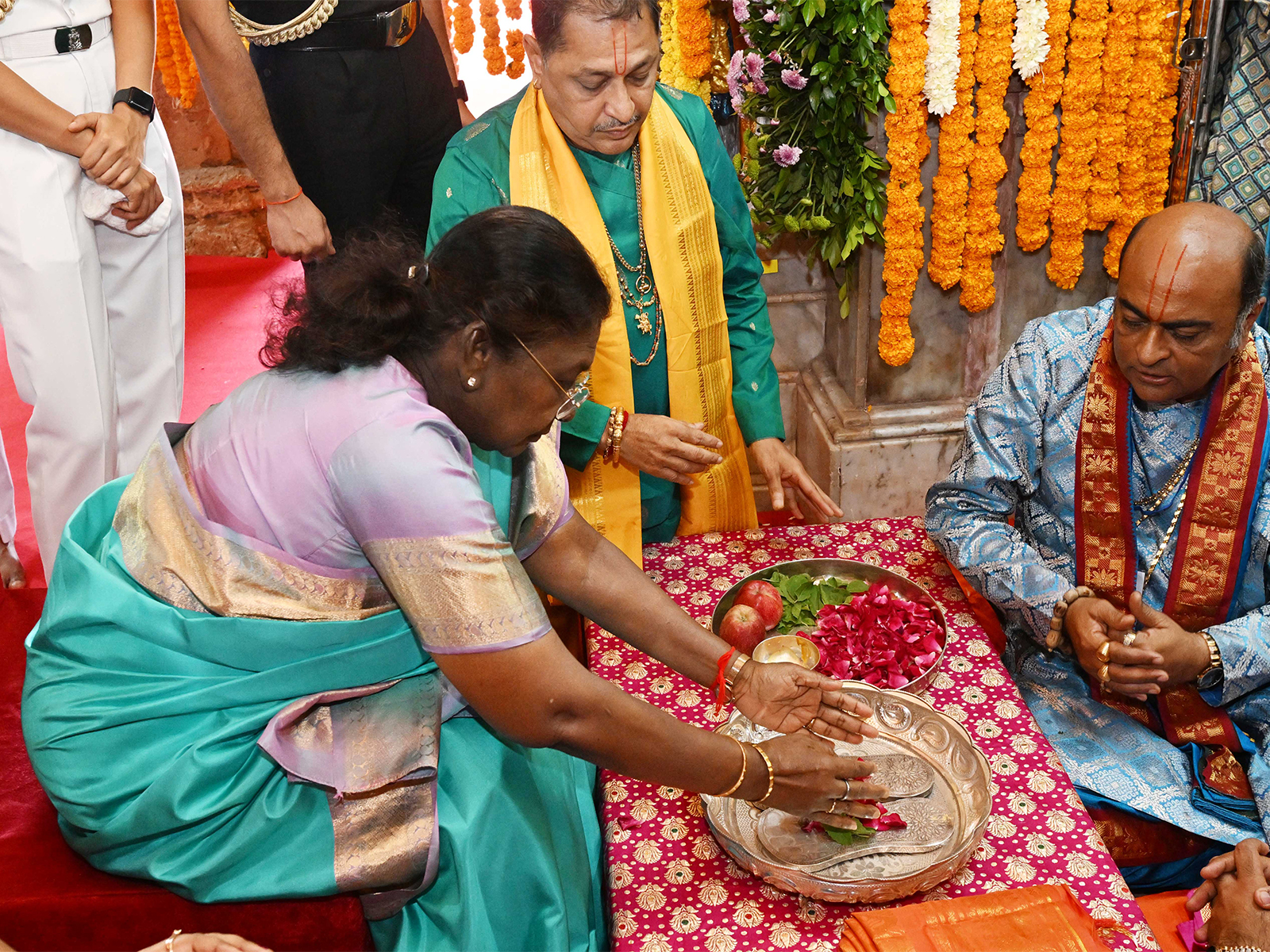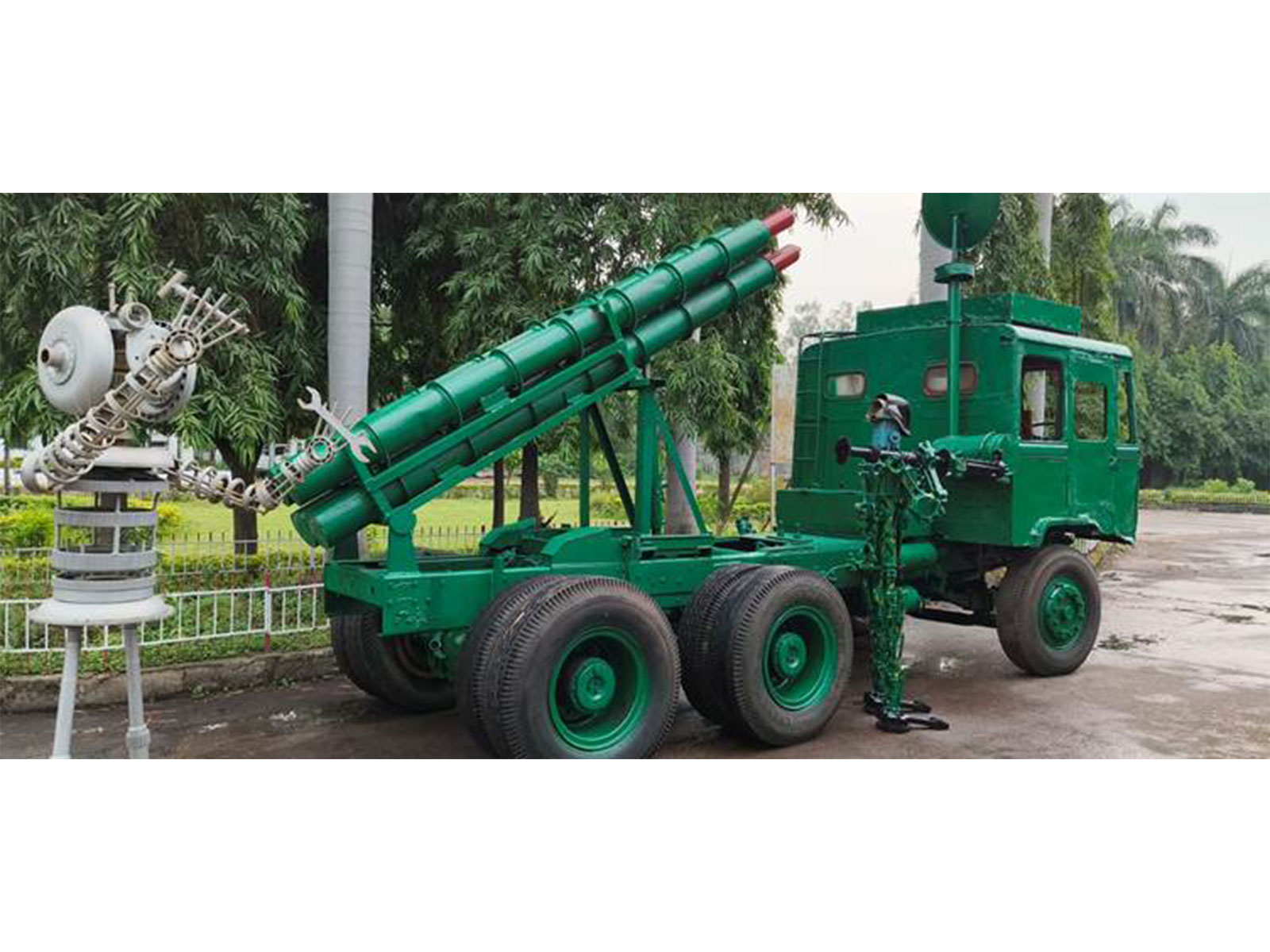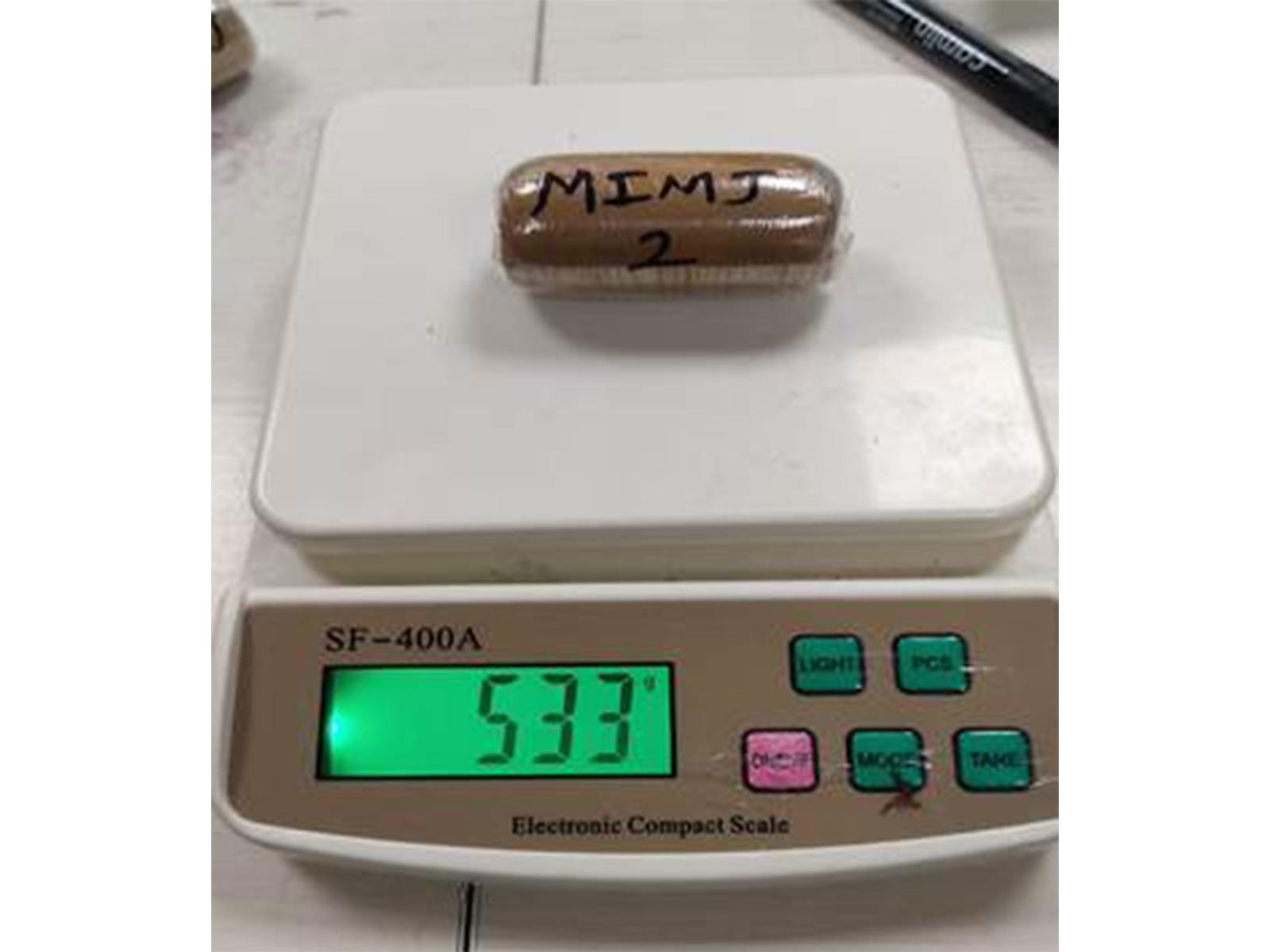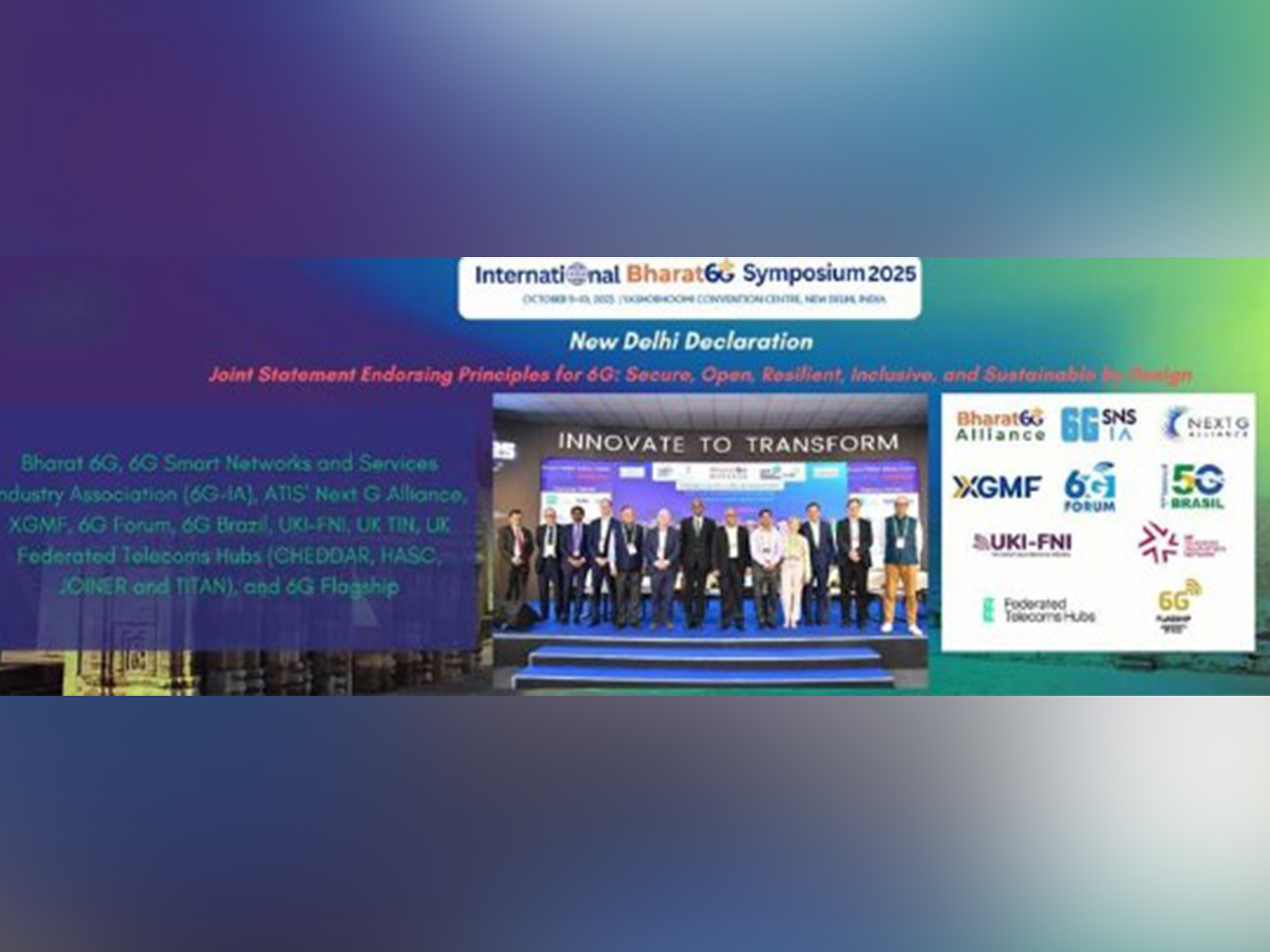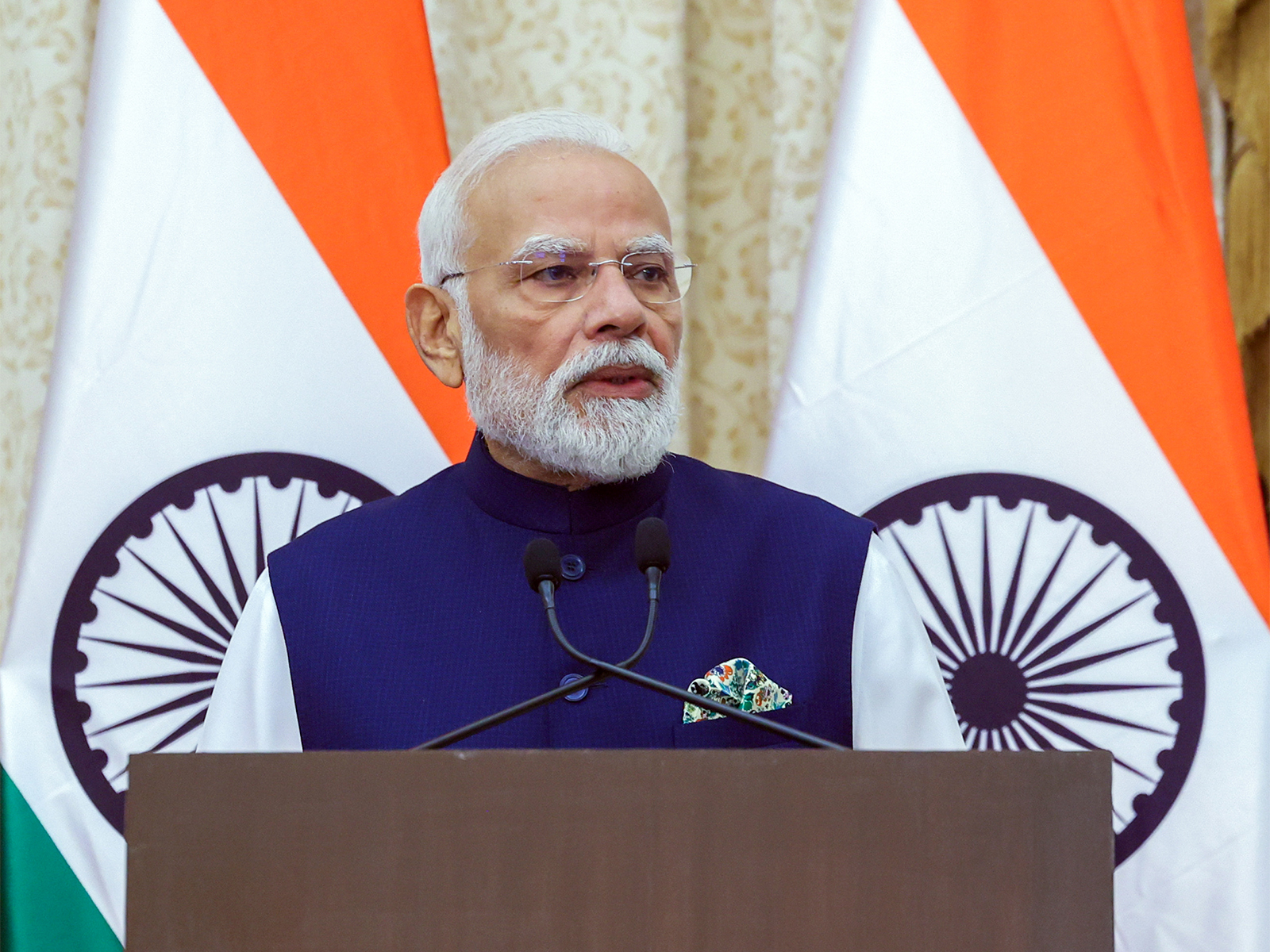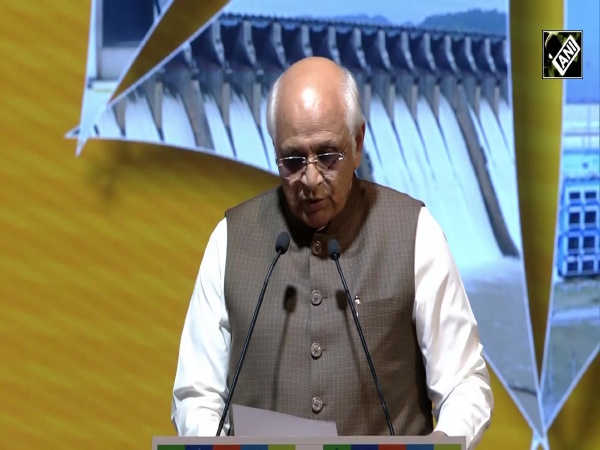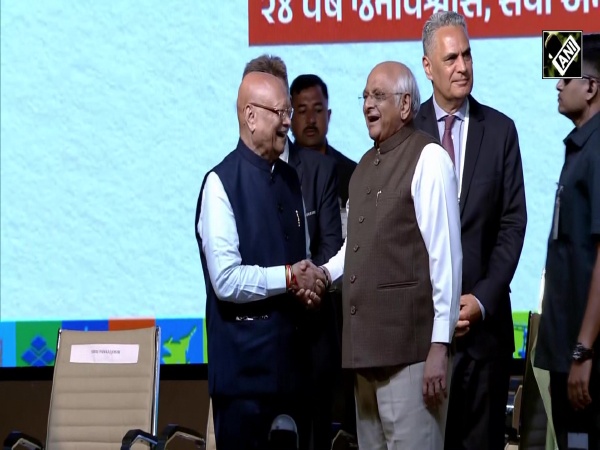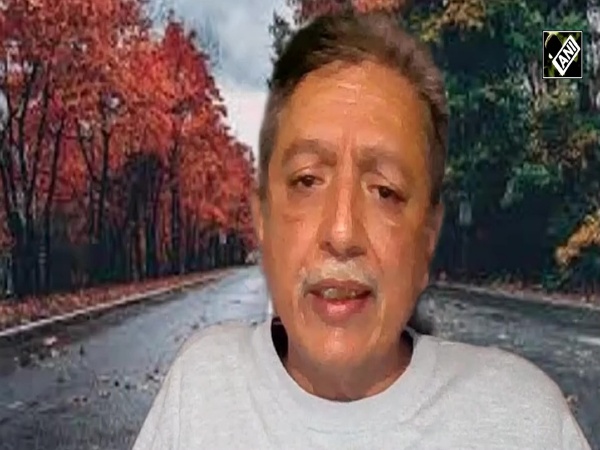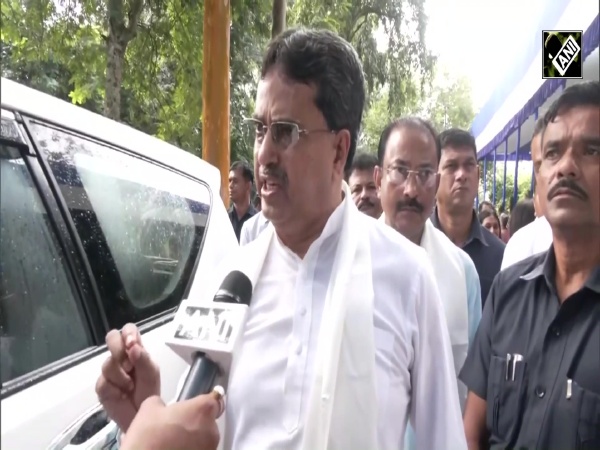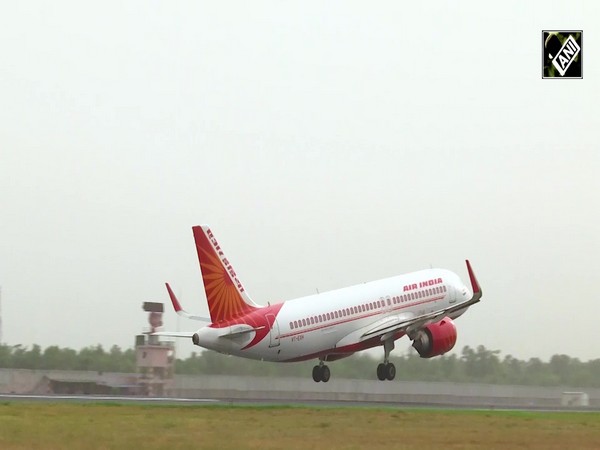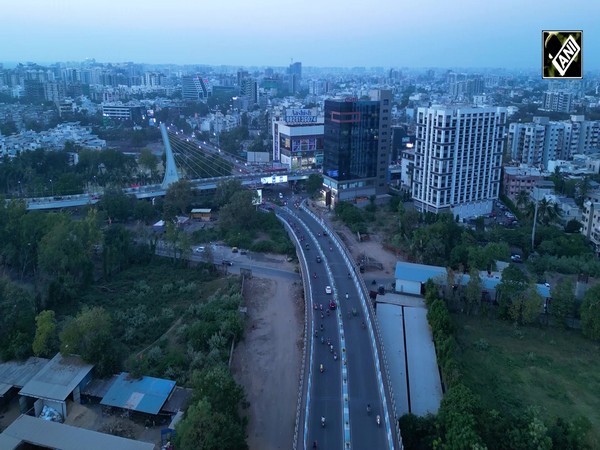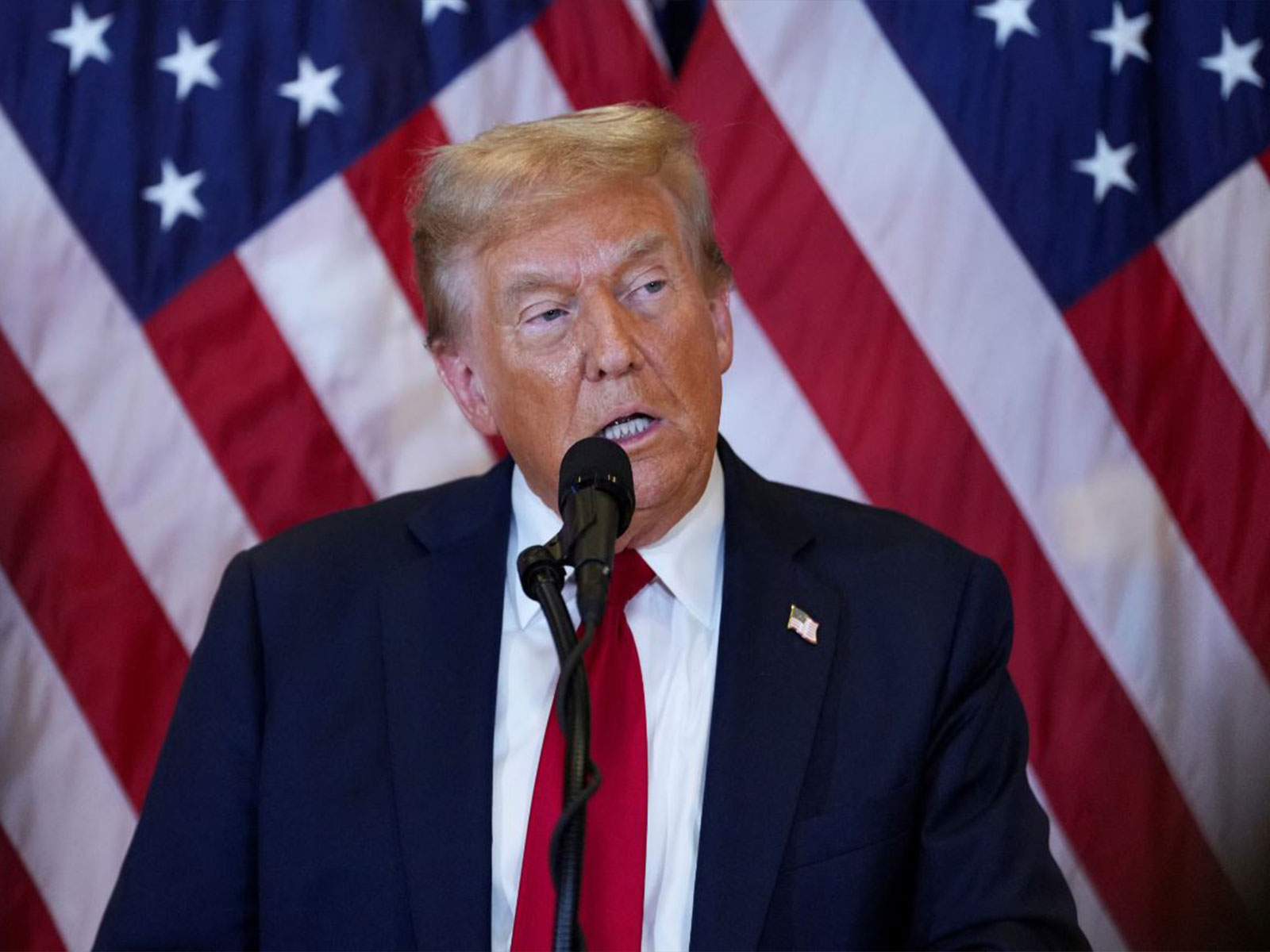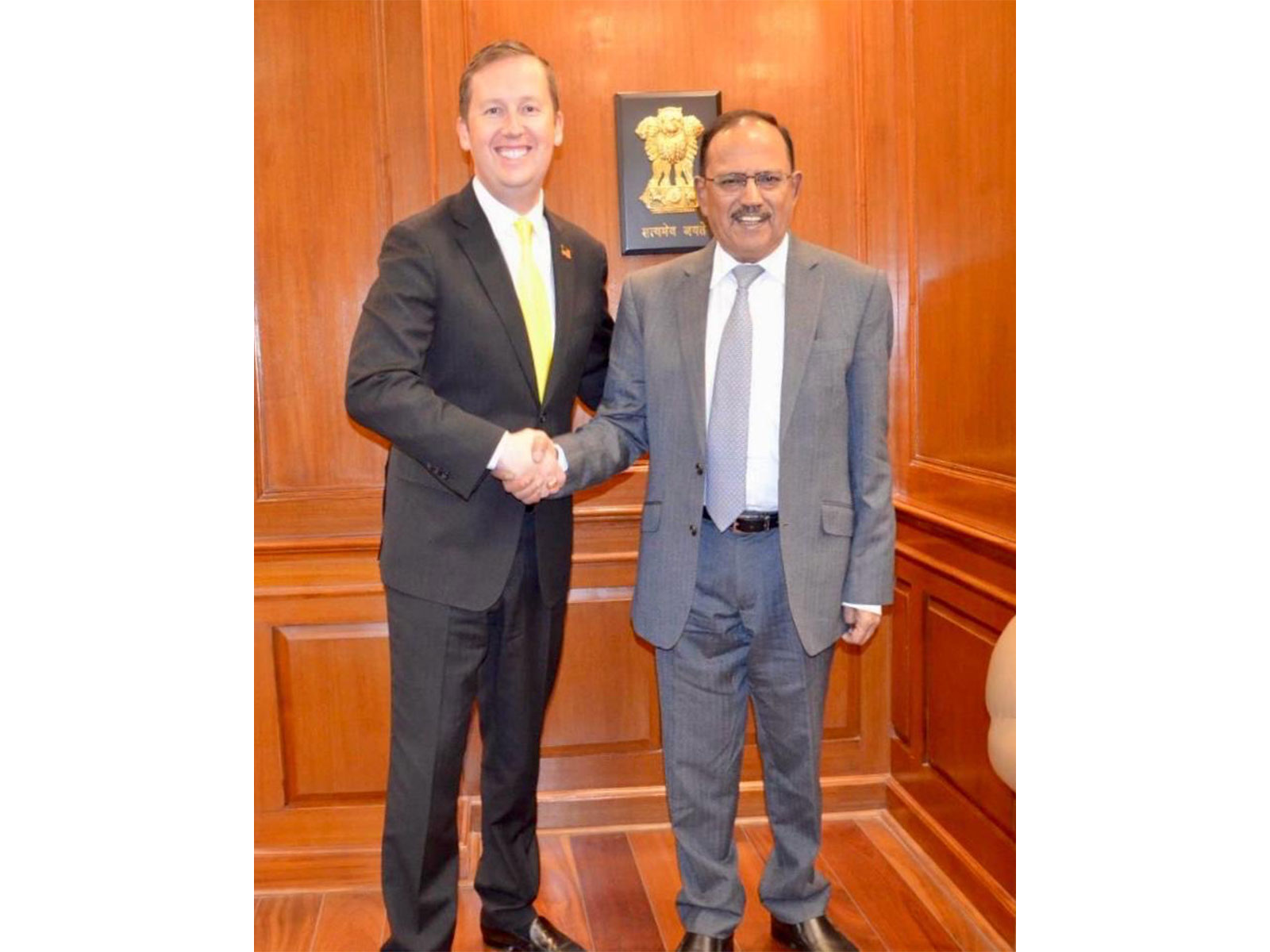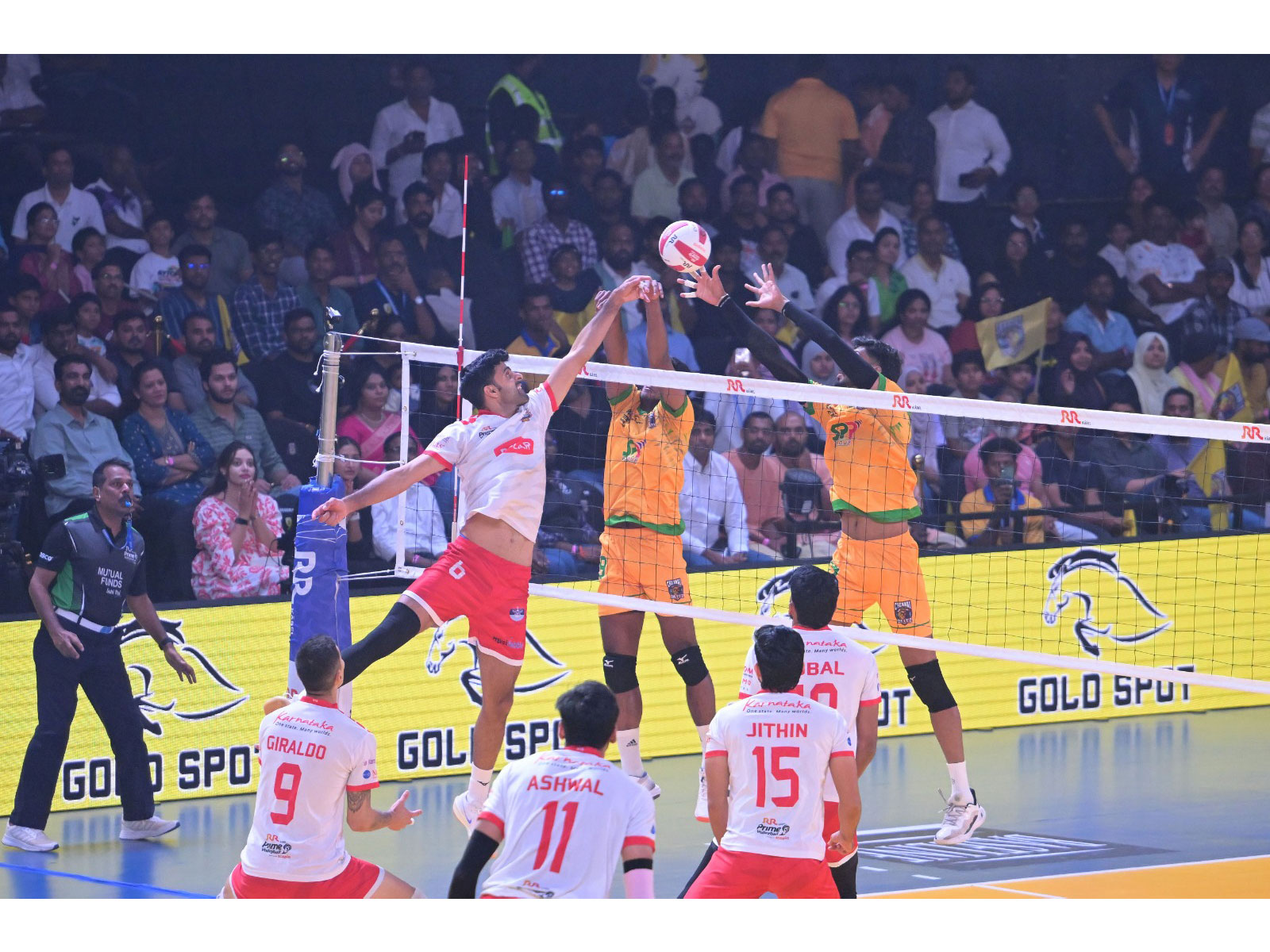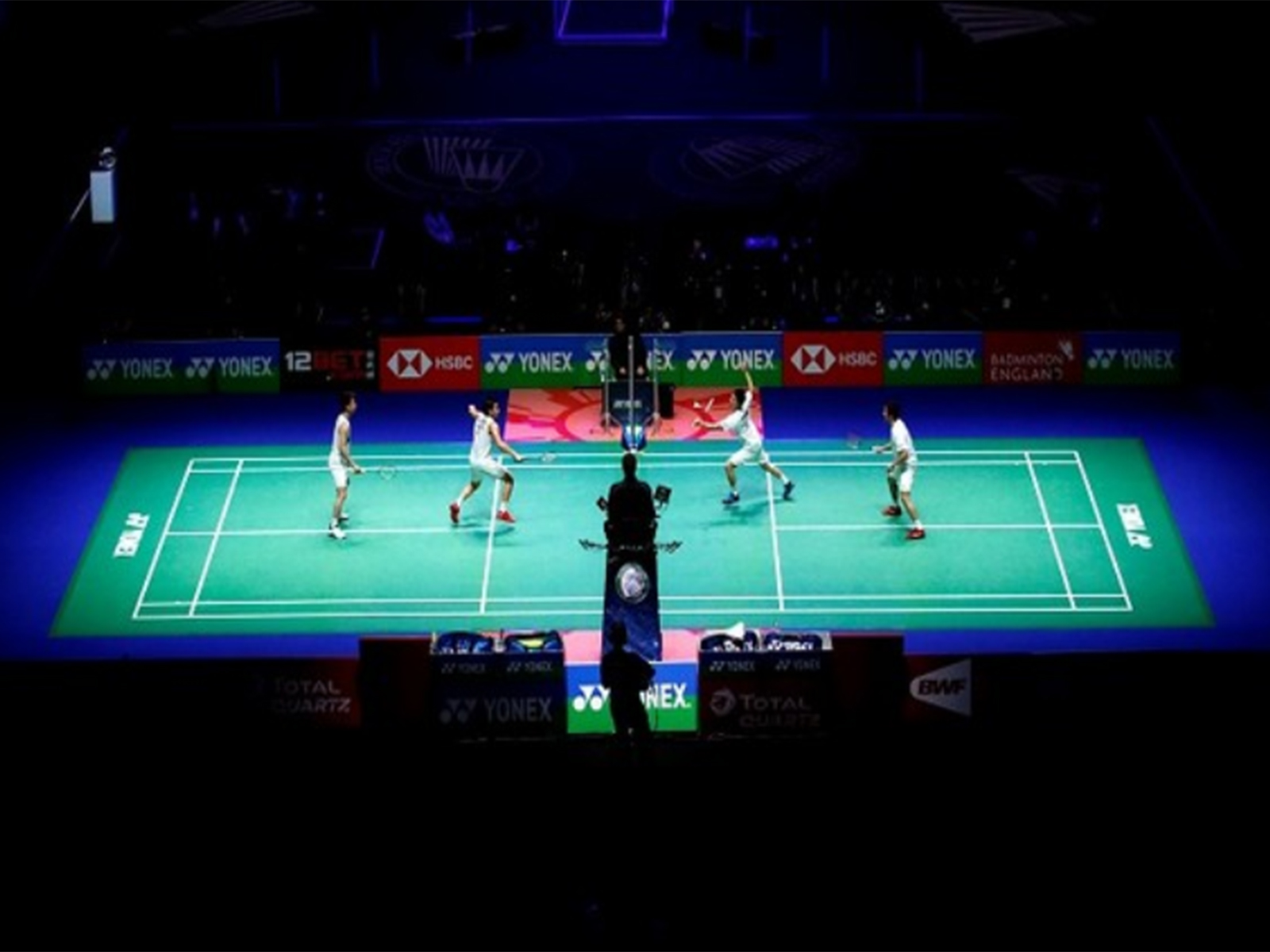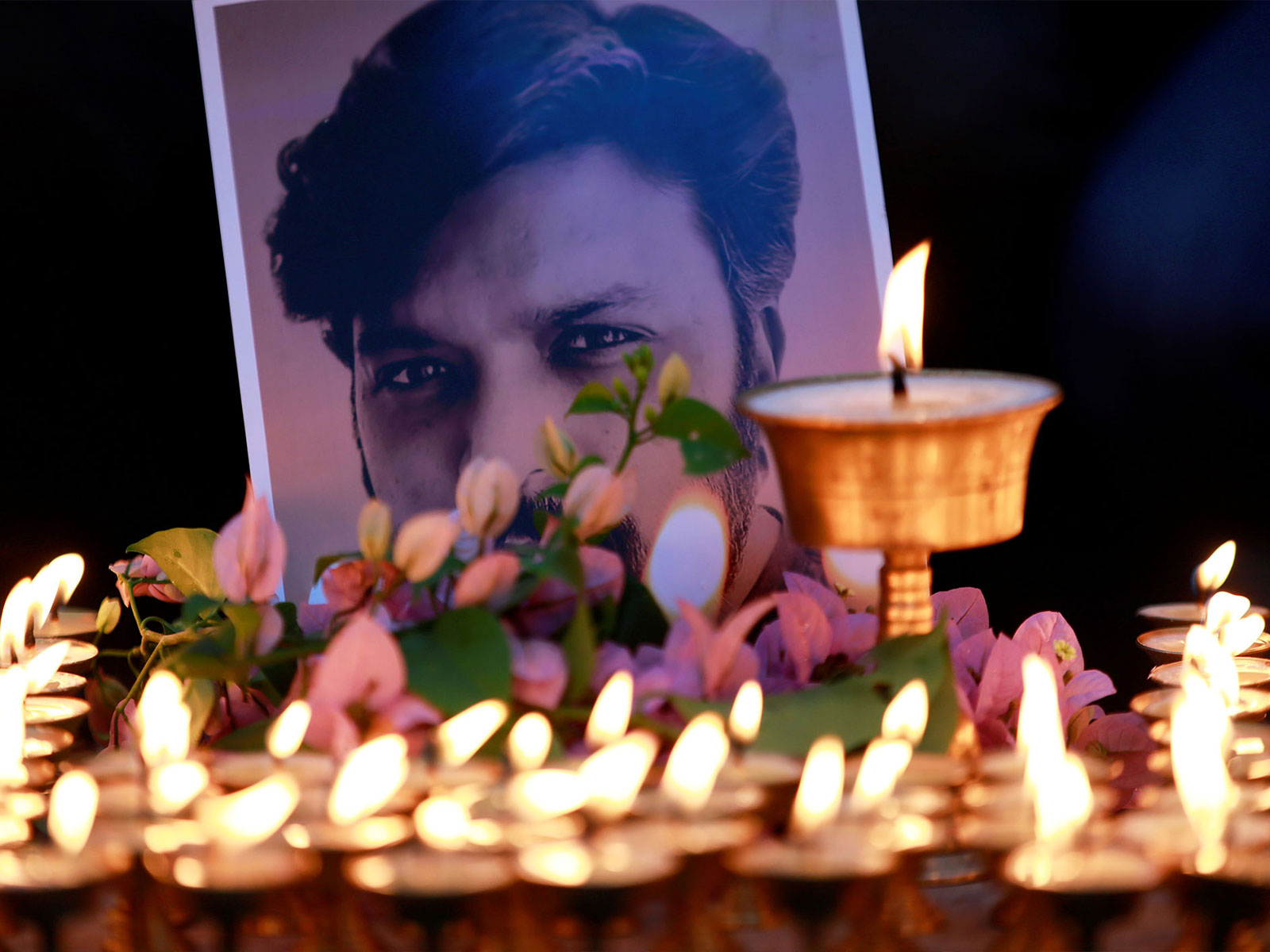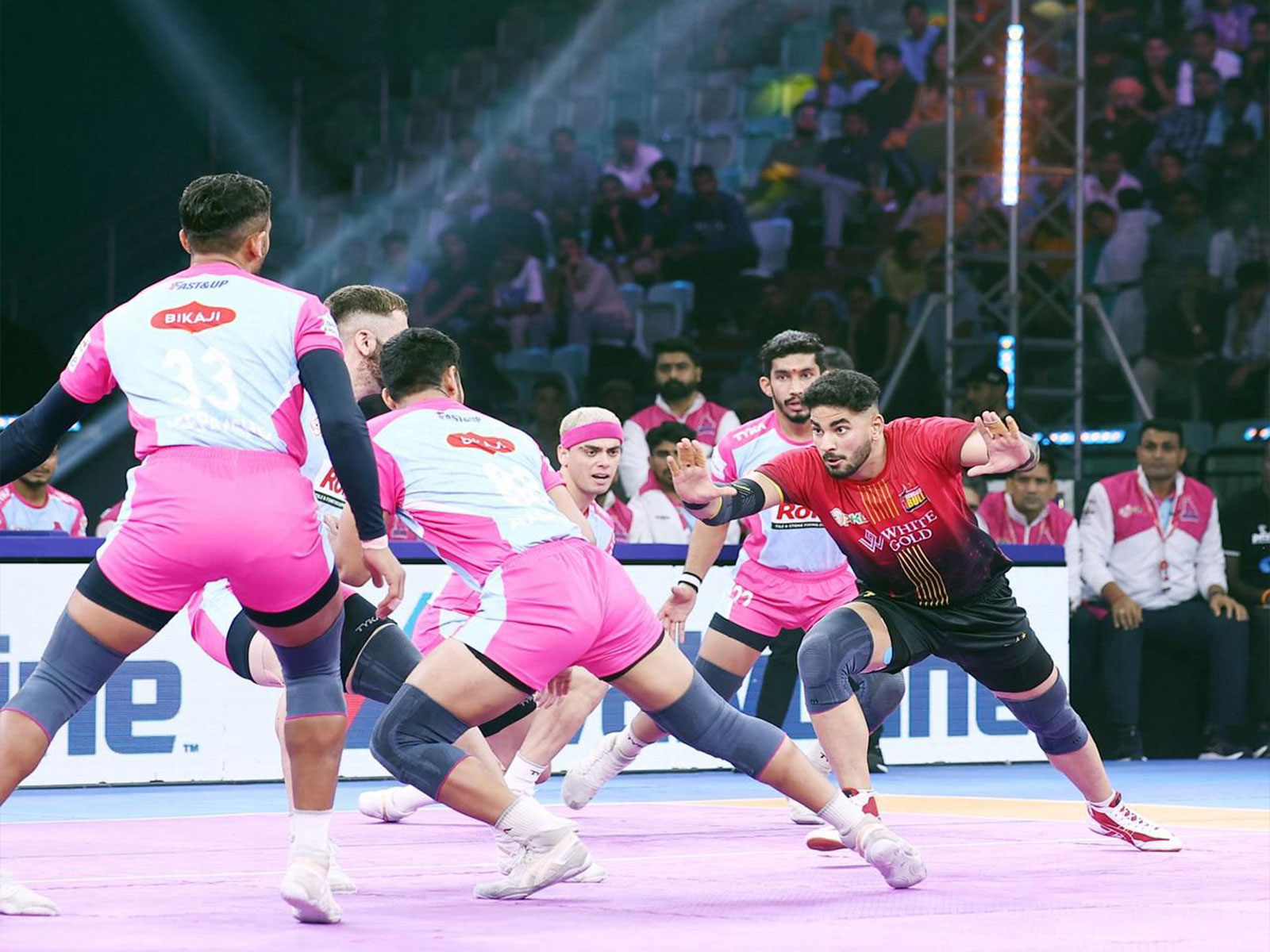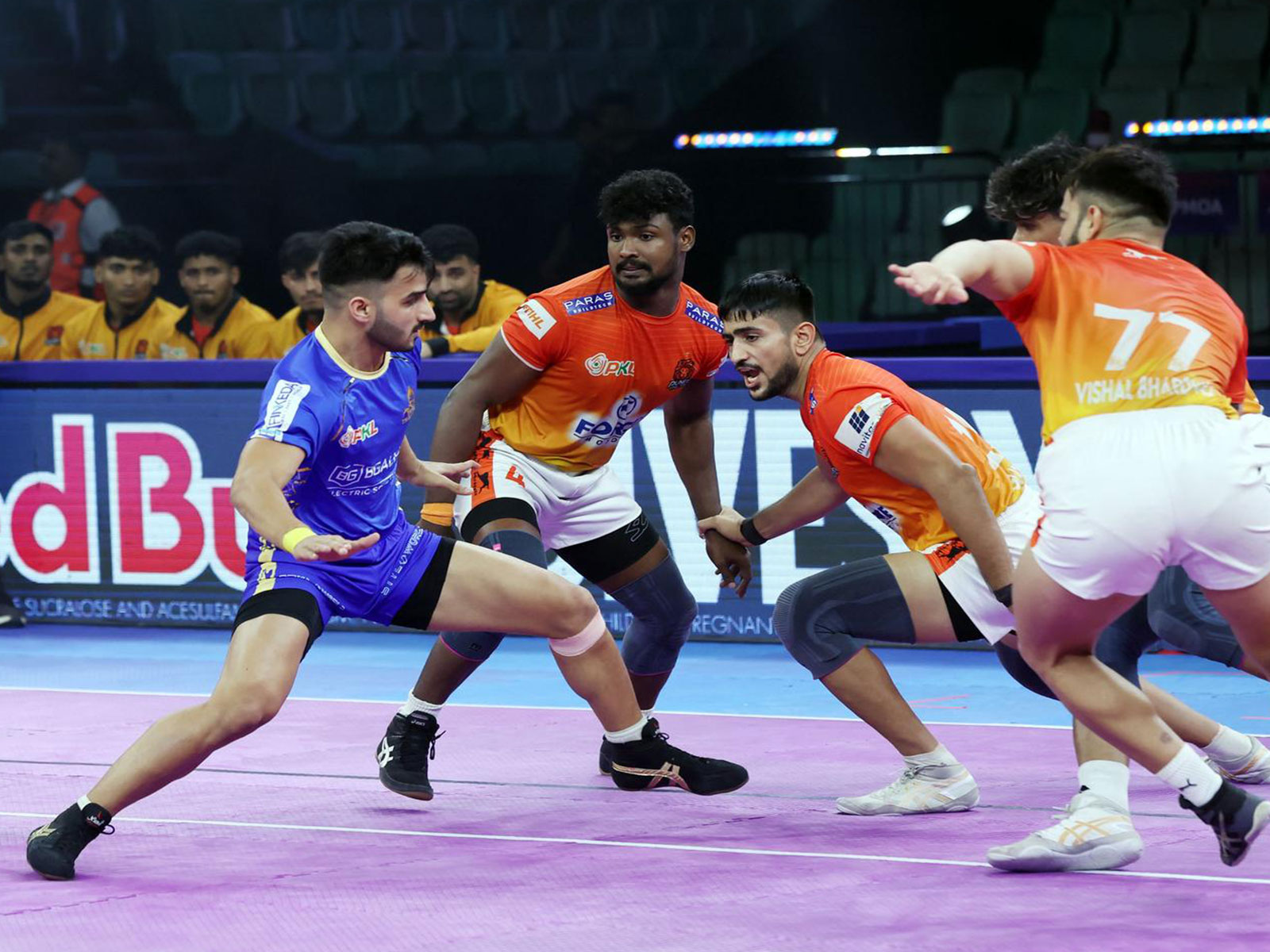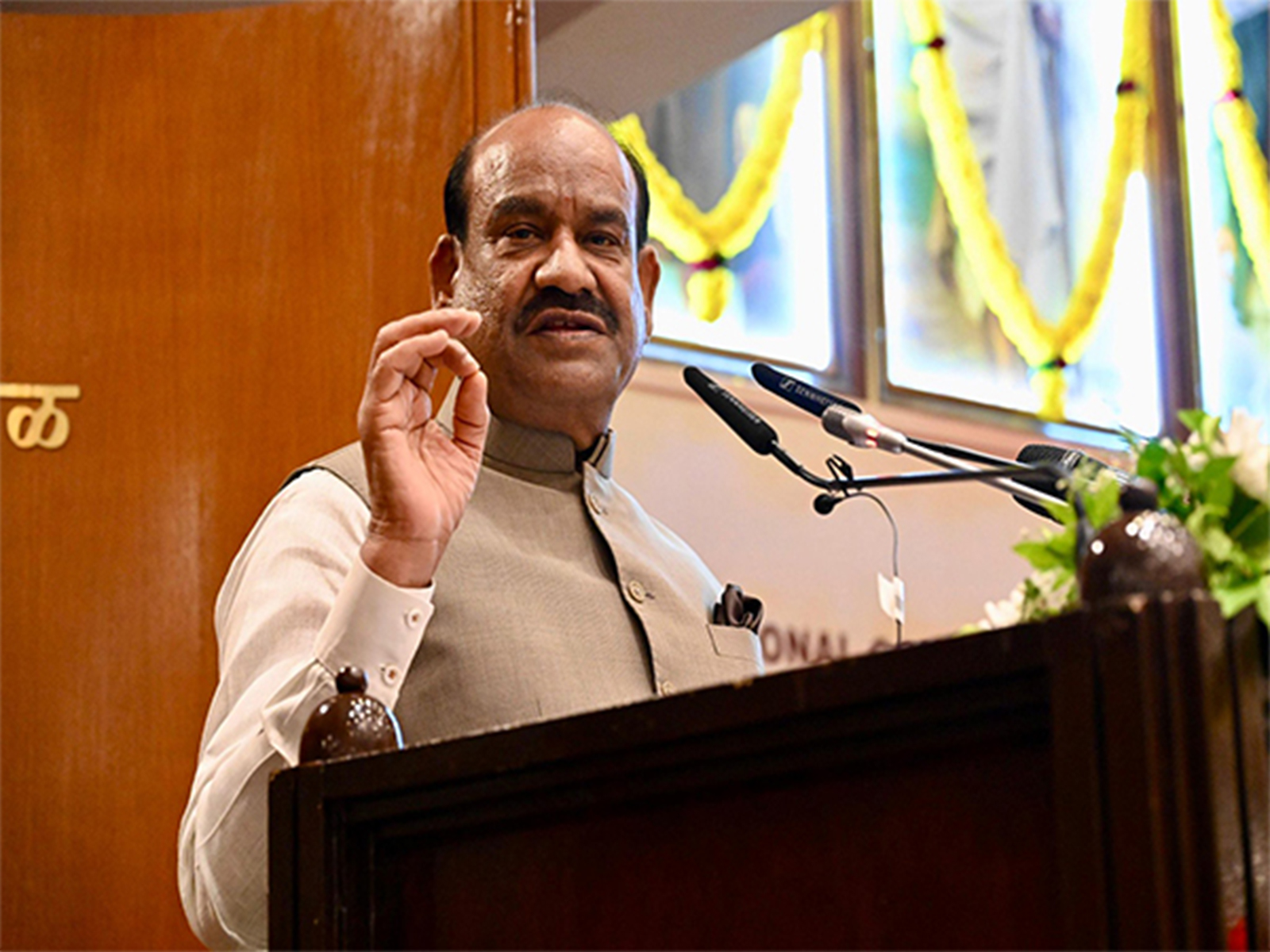
World must fight challenges like climate change, pandemics: Lok Sabha Speaker Birla
Oct 11, 2025
New Delhi [India], October 11 : Lok Sabha Speaker Om Birla emphasised that India is a living example of democracy and equality, with the Constitution being its guiding beacon for the past 75 years. He highlighted that democracy is India's soul, equality its resolve, and justice its identity, according to an official statement from the Lok Sabha Secretariat.
Birla made these remarks while addressing the delegates at the General Assembly of the 68th Commonwealth Parliamentary Conference on the theme "The Commonwealth - A Global Partner". On this occasion, the Speaker invited Presiding Officers of the Parliament of the Commonwealth to attend the next Conference of Speakers and Presiding Officers of the Commonwealth (CSPOC) in New Delhi from January 7 to 9, 2026.
He emphasised that global crises like climate change, pandemics, food insecurity, and inequality transcend borders, requiring collective solutions. Birla urged for united efforts to combat these challenges, stressing that solutions cannot be found in isolation.
Birla emphasised the importance of food and health security, highlighting India's role as a reliable partner in global food and nutrition security.
He recalled that India had once been dependent on others for food, and the journey from those challenging times to its current status as a global power has been truly impressive. Noting India's significant contributions during the COVID-19 pandemic, he mentioned that the country supplied medicines and vaccines to over 150 nations, underscoring the belief that health is a right, not a privilege.
Birla highlighted India's status as the world's largest democracy and fastest-growing major economy.
He proudly noted that India has become the first major country to meet the Paris Agreement targets ahead of schedule. Through initiatives like the International Solar Alliance and the Coalition for Disaster Resilient Infrastructure, India has emphasised global responsibility for the planet.
Birla referred to India's efforts towards women's empowerment, citing provisions for reservation for women in Panchayati Raj institutions and urban local bodies.
He noted that over 1.4 million out of 3.1 million elected representatives in rural Panchayati Raj institutions are women. Additionally, he mentioned the Nari Shakti Vandan Act, which provides a one-third reservation for women in Parliament and Legislative Assemblies, underscoring the prioritisation of youth and women in Indian democratic institutions.
Birla emphasised that technology, particularly Artificial Intelligence and digital platforms, can enhance democracy's transparency and effectiveness.
He stressed the need to ensure technology serves humanity, not the other way around. To achieve this, he advocated for establishing global standards that promote innovation while preventing harm, ensuring technology's benefits reach all while minimising its negative impacts.
Referring to India's ancient democratic heritage, Birla said that the spirit of Indian democracy is rooted in its ancient civilisation, culture, and village panchayat system. He noted that the tradition of dialogue, consensus, and collective decision-making has enabled India to become the world's largest democratic power.
Additionally, Birla mentioned that India's traditional wisdom and the ancient mantra 'Vasudhaiva Kuttumbakam', which emphasises that the entire world is one family, continue to guide the nation.
Birla highlighted the vast diversity of the Commonwealth nations, noting that despite speaking different languages, following different traditions, and living in varied geographical conditions, the citizens of the Commonwealth are united by the shared values of democracy, freedom, and human dignity.
He emphasised that the Commonwealth is more than just a grouping of countries; it is a family bound together by a shared history, common values, and a collective vision for a shared future. He assured that India will continue to be an active partner in this journey.
